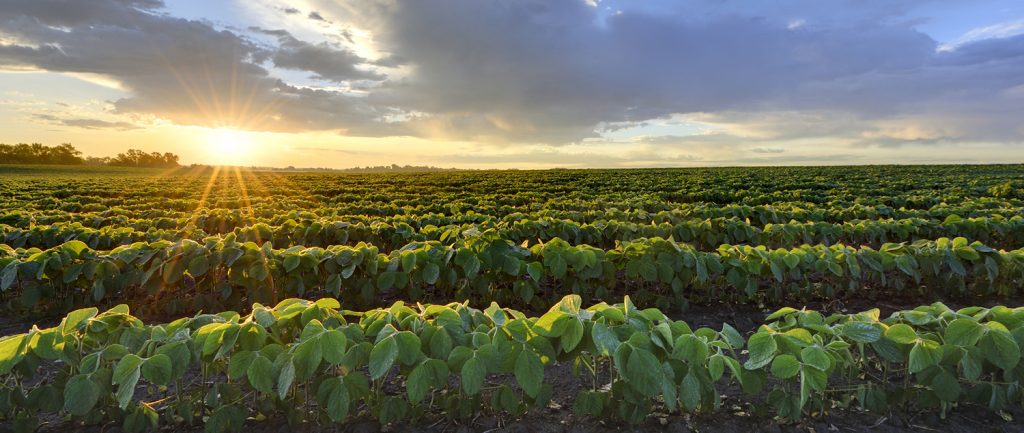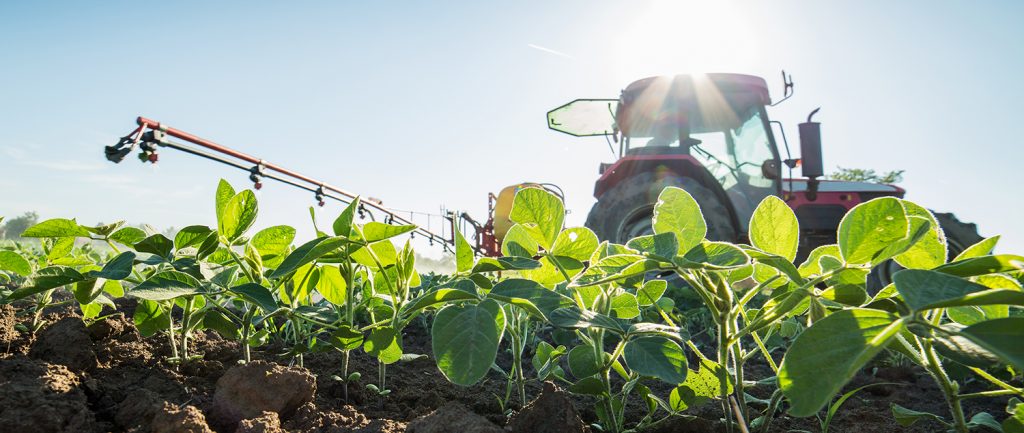The Environmental Protection Agency is proposing a retroactive cut to previously established volumetric targets under the nation’s biofuel mandate while leaving room for increases going forward.
The agency is also opening a public comment period on a move to deny dozens of pending waiver requests from the Renewable Fuel Standard and proposing a path for so-called biointermediates to be included in the program.
The announcement, which comes as USDA separately rolls out $800 million in industry support, including $700 million in pandemic aid, represents the first major action taken by the Biden administration to govern the nation’s biofuel mandate and comes one week after the law that created the program required the volumes to be finalized.
EPA Administrator Michael Regan said the suite of actions will “enable us to get the RFS program back in growth mode by setting ambitious levels for 2022, and by reinforcing the foundation of the program so that it’s rooted in science and the law.”
On Tuesday, EPA rolled out three years’ worth of Renewable Volume Obligations, annual blending targets for refiners to blend into the nation’s fuel supply. The figures, which encompass the 2020-2022 calendar years, include reductions to the 2020 RVO but the inclusion of a supplemental obligation in 2022 and the pledge to do the same for 2023.
The 2020 volumes are proposed to total 17.13 billion gallons, which would include 4.63 billion gallons of advanced biofuels and leave room for 12.5 billion gallons of conventional biofuels, typically viewed as corn ethanol.
The 2021 figures are slightly higher: 18.52 billion gallons of total blending with 5.2 billion gallons of advanced biofuels and room for 13.32 billion gallons of conventional biofuels.
But the 2022 volumes include increases in the total, advanced, and conventional targets. The agency is proposing a total of 20.77 billion gallons of blending, including 5.77 billion gallons of advanced biofuels. That advanced target also includes an increase in the biomass-based diesel goal to 2.76 billion gallons, up from the 2.43 billion gallons in the 2020 and 2021 figures.
If finalized, the 2022 RVO would leave room for 15 billion gallons of conventional biofuels, the figure set in the law that created the RFS. The year would also include a 250-million-gallon supplemental RVO stemming from a previous court case.
Rep. Angie Craig, who is one of three co-chairs of the bipartisan Congressional Biofuels Caucus, released the following statement:
“After months of unnecessary delay, we are glad that the EPA has released the long-overdue Renewable Volume Obligations. The 2022 number sets the biofuels industry on the right path moving forward. And the end of the abuse of Small Refinery Exemptions – which provide relief to oil companies at the expense of family farmers – is welcome news. These decisions will help lower prices at the pump for hardworking Americans and accelerate the positive role that biofuels can and must play in our effort to decarbonize the transportation sector, tackle climate change and drive economic growth across rural America.
However, the proposed decision to retroactively lower the 2020 RVO target does not reflect a sufficient commitment to renewable fuels and family farmers. As we have emphasized in repeated conversations with the Administration, now is the time to invest in renewable biofuels and the communities they support – not to prioritize the interests of fossil fuel companies that continue to ignore the law of the RFS. We look forward to conversations about changing the proposed 2020 RVO number to better reflect the role biofuels must have in our clean energy economy.”
The volumes are largely in line with figures leaked in September, when Agri-Pulse reported the agency was considering cutting the total biofuel blending target to 17.1 billion gallons in 2020 and 18.6 billion gallons for 2021. Those figures, contained in leaked volumes shared with Agri-Pulse, also listed the total 2022 blending at 20.7 billion gallons.
In a separate announcement last month, EPA proposed a delay in compliance deadlines for the 2019 and 2020 RFS compliance years.
The agency is also proposing a new framework for the consideration of Small Refinery Exemptions from the mandate, which are offered to facilities who claim RFS compliance would cause them undue economic harm.
In a release, the EPA says it is proposing to deny 65 pending SREs, clearing the slate of pending waivers before the agency. The agency says the decision is based on a 2020 court ruling that “narrowed the situations in which EPA can grant SREs.” Some of that case was overturned by the Supreme Court in June, but EPA says the proposal is based on “the agency’s updated interpretation of its (Clean Air Act) statutory authority to grant SREs, and our analysis of the available data on RFS costs and market dynamics that compel the proposed denial.”
The announcement marks the inaugural proposed levels set by the Biden administration and the first RVO proposal since 2019. The Trump administration opted not to propose RVOs in 2020, citing the demand uncertainty caused by the COVID-19 pandemic. This year, the Biden administration frustrated biofuel stakeholders with a delay of its own, which is only set to continue due to the tardy proposal rolled out Tuesday.
Under the law that created the RFS, the annual blending targets are to be released by the end of November of the previous year (and two years prior for biomass-based diesel), and a December proposal likely pushes the finalization of the RVOs into early to mid-2022.
The new proposal is almost certain to generate a fresh round of litigation. In November, Growth Energy threatened to sue the agency over the publication delay. The biofuel industry has also sued over RVO cuts before; EPA was ordered to reallocate the gallons cut during the multi-year rollout of blending targets under the Obama administration.
Biofuel groups have been pressing for RVO publication for months. The organizations have pointed to remarks Biden made on the campaign trail, which included pledges to “promote and advance renewable energy, ethanol and other biofuels to help rural America and our nation’s farmers.”







